Why do horses need to be whipped
Sep 12, 2023 | Super Equestrian

Well, hello there! Are you curious about why horses are sometimes whipped? It's a common question, especially for those who are new to the equestrian world.
Whipping a horse can seem cruel, but there are actually reasons why it's done. Today, we're going to explore this topic and shed some light on why horses sometimes need to be whipped. So, buckle up and get ready to learn!
Why whipping is necessary for horses?
Now we're diving to the age-old question: why do horses need to be whipped? While it may seem cruel to some, there are reasons why horse trainers may use whips in their training. So, grab your riding crops, and let's explore this controversial topic together.
Horse trainers may use whips for a variety of reasons. Such as-
- To communicate with horses: A whip can be used to give the horse a clear signal with a light touch or sound like tapping the ground. It will help the horse understand what the trainer or rider wants it to do, such as go forward, turn, or stop.
- Encourage specific behaviors: A whip can be used to encourage the horse to exhibit certain behaviors, such as jumping over a fence or running faster.
- Improve overall performance: The use of a whip can help improve the horse's overall performance. For example, the trainer can use the whip to encourage the horse to engage its hindquarters or maintain a certain pace. This can help the horse build muscle and improve its fitness level, leading to better performance.
Whips may be necessary to ensure the safety of both the horse and rider in certain situations, such as:
- When working with horses that are difficult to handle, a whip can be used to help control the horse and prevent dangerous behavior. For example, if a horse is prone to running off or bucking [also a must-read Why is my horse bucking all of a sudden], a whip can be used as a deterrent to prevent such behavior.
The use of whips in horse racing is a common and debated practice. There are various historical and practical reasons for the use of whips in horse racing, and it is a topic that continues to be debated among trainers and enthusiasts.
If you want to know more about whips used in horse racing and the different opinions on it, this article is for you, Why Are Horses Whipped When Racing!!
Is it cruel to whip a horse
Whipping horses has been a topic of controversy for many years. While some people argue that it's necessary for training and competitive purposes, others believe it's cruel and unnecessary. This has led to debates and discussions within the equestrian community and beyond.
Those who believe it's cruel, argue that whipping these sensitive animals can cause physical and emotional harm. Horses may become anxious or fearful, leading to negative behaviors such as refusing to perform or rearing [also a must-read How to stop a horse from rearing]. Additionally, whipping can cause pain and discomfort, leading to injuries such as cuts or bruises.
However, some believe that whipping is necessary for communication and can improve horses' behaviors. Many riders use alternative training methods and may only use whipping as a last option.
Overall, the topic of whipping horses is complex and controversial. It's important for riders and trainers to consider the welfare of the horse and use training methods that prioritize safety and positive reinforcement.
How many times can a horse be whipped?
Horses have been used as working animals for centuries, and whips have been a part of their training and handling. However, the whip uses have become controversial, and it's important to use them correctly without harming the animals. So, how many times can a horse be whipped?
Firstly, it's essential to note that there is no set number of times to whip a horse. The number can vary based on the horse's temperament, age, training level, and circumstances like sports. Some horses may respond to a few light taps, while others may need more reinforcement. For example, in a flat race you can use whips max 5–6 times, or 7–8 times in the jump race.
Overuse of whips can be harmful to horses. If a rider uses a whip too often, the horse can become desensitized to its effects. This means that the horse will require more force to respond to the whip, which can lead to increased stress and discomfort.
How do you train a horse to whip?
Alrighty folks, are you ready to take on the challenge of training your horse to respond to a whip? In this guide, we'll provide you with some helpful guidelines and tips to make the process safe and effective.
Guidelines for introducing the whip to a horse:
- Establish trust: Spend time with the horse to build a positive relationship, understand its personality and behavior.
- Start slow: Hold the whip near the horse without touching it, and allow the horse to become comfortable with its presence.
- Gradually introduce tapping: Begin tapping the ground lightly with the whip, allow the horse to become used to the sound.
- Touch the horse gently: Once the horse is comfortable with the whip sound, start touching the horse gently, tap its hindquarters lightly and gradually increase pressure.
Tips for using whips effectively and humanely:
- Use the whip to strengthen the rider's aids, rather than as a punishment.
- Use the whip when necessary and kept to a minimum.
- To ensure safe and effective use of the whip, riders must receive proper training in its correct use.
- Use positive reinforcement, such as praise or rewards, to encourage the horse to perform the desired behavior.
- Always be aware of the horse's behavior and response to the whip, and adjust accordingly.
- Never use the whip to inflict pain on the horse, as this can lead to mistrust and resistance.
Final Thoughts
Now we know why do horses need to be whipped, whether it's cruel for horses, how many times a horse can be whipped and how to train them to whip. While whipping can be useful in some circumstances, it should be used sparingly and humanely.
Building trust and understanding a horse's behavior can be more effective in training and performance than relying on the use of a whip.
If you found this article helpful or have your own tips to share on using the whip while training your horse, please leave us a comment below. We'd love to hear from you!
FAQs:
Q: Is whipping banned from horse training or sports?
A: Yes, whipping is banned or restricted in many horse training and sports organizations, as it is recognized as a form of animal cruelty and can cause harm to the horse. For example, the jockey club, the United States trotting association, British horse racing authority, they have implemented rules and regulations to restrict the use of whips in horse racing.
Q: Are there any alternatives to using whips in training sessions?
A: Yes, there are many positive and humane alternatives to using whips in training. Such as natural horsemanship, clicker training, scratches or verbal praise, and other gentle, non-threatening techniques to prioritize the horse’s well-being.
Recent Blogs
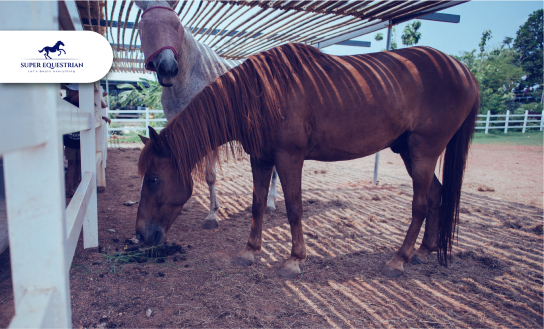
Common Equine Diseases and How ...
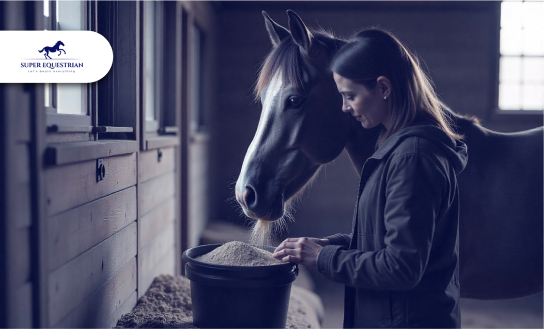
Equine Health Supplements: What Every ...
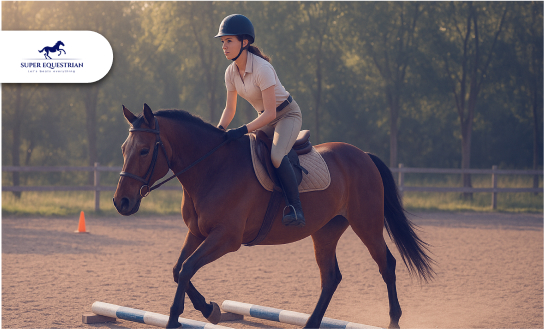
Jumping Basics: How to Prepare ...
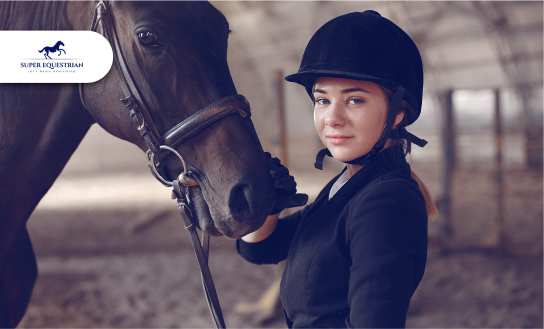
Essential Horse Riding Gear for ...

How to Balance Work, Life, ...

How to Balance Work, Life, ...
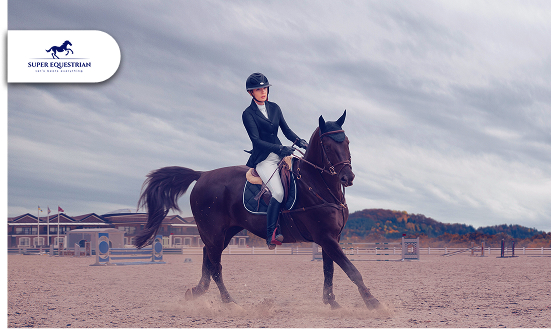
Top 5 Exercises to Improve ...
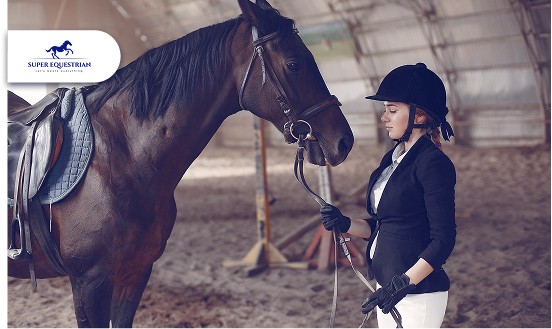
How to Build Confidence as ...

Spotlight on Equestrian Legends: Riders ...

Horse Auctions and Sales...

Top Horse Friendly Travel Destinations ...

How to Build Stronger Bonds ...

Upcoming Horse Shows and Competitions ...

MIPS Equestrian Helmet The Future ...
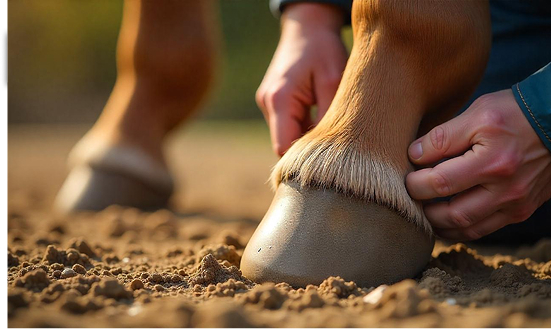
How to Recognize and Treat ...
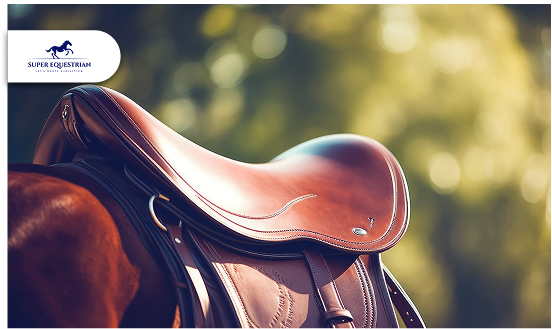
How to Choose the Perfect ...

Horse-Themed Gifts Unique Ideas ...
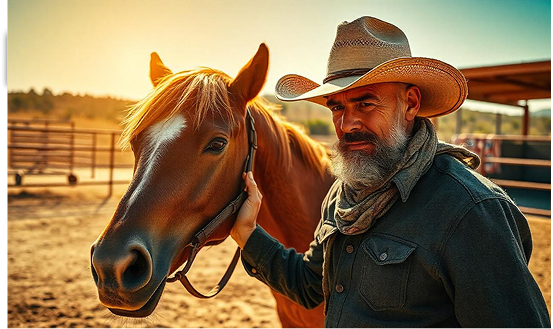
Horse Training Techniques: Creating A ...
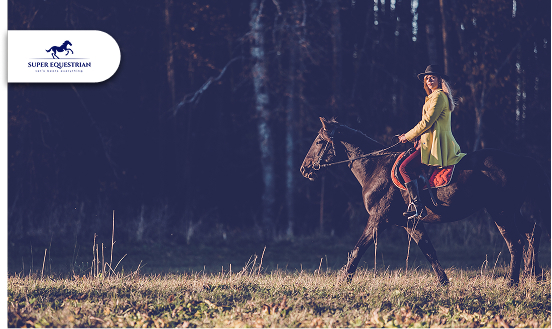
Horseback Riding Lessons – Everything You ...
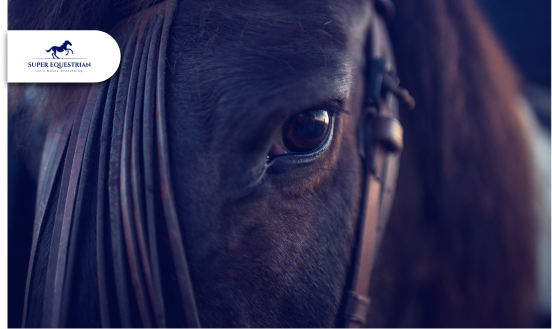
Horse Photography Tips: Learn the ...
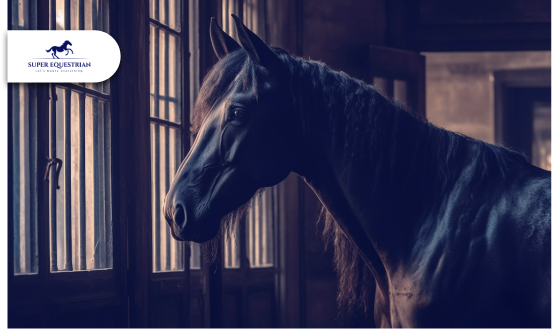
Horse Stable Management: The Quiet ...
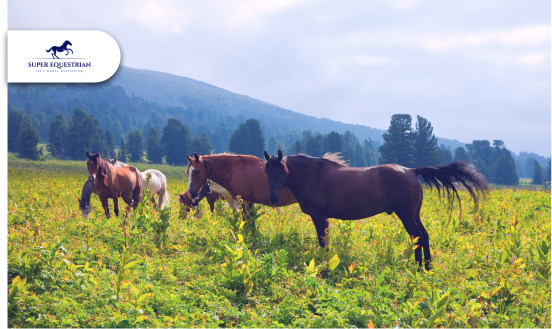
Horse Rescue Organizations: A Profound ...
Horse Racing Events A Look ...
Best Horse Manure Fork Six ...
What Are The Rarest Horses ...
What Does It Mean When ...
Horse Insurance Providers This Is ...

Horse Behaviour and Psychology: Learn ...

How Much Does a Horse ...
.jpg)
Best Monoflap Saddles For Your ...
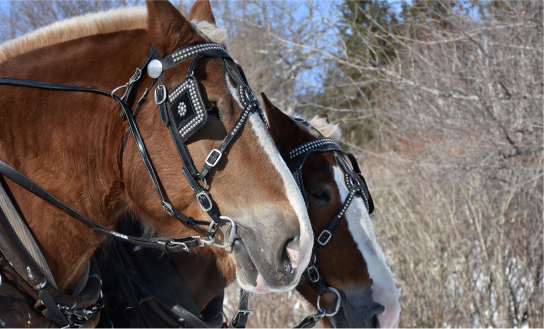
Best Hackamore For Barrel Racing...
.jpg)
Best Barrel Racing Reins Top ...
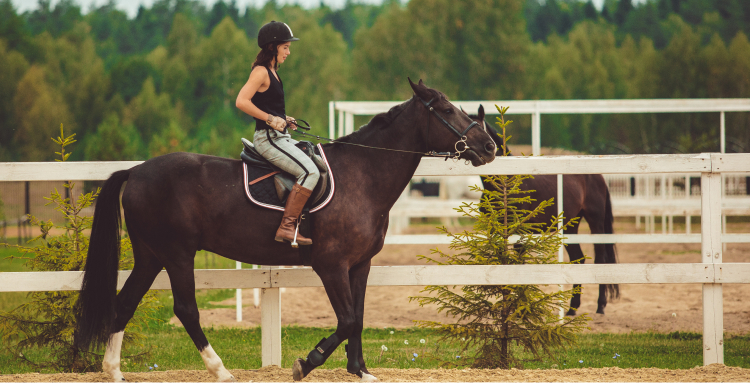
Horse Anatomy And Physiology: Facts ...
.jpg)
Best Stirrups For Ankle Pain - ...
.jpg)
Horse Care Tips and Tricks: ...

What Do Wild Horses Eat- ...
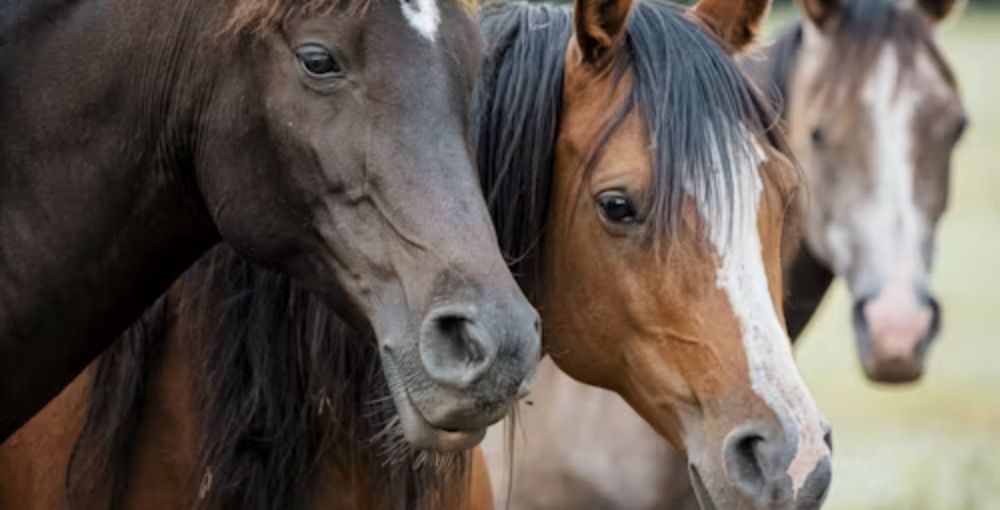
Horse Breeds and Characteristics: How ...
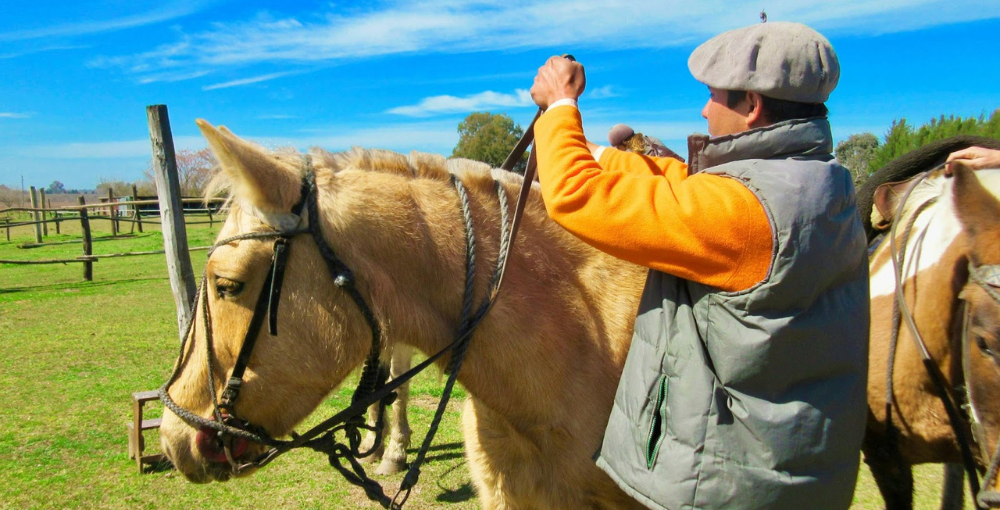
Best Barrel Racing Reins - Top ...

Horse Breeds and Characteristics: How ...
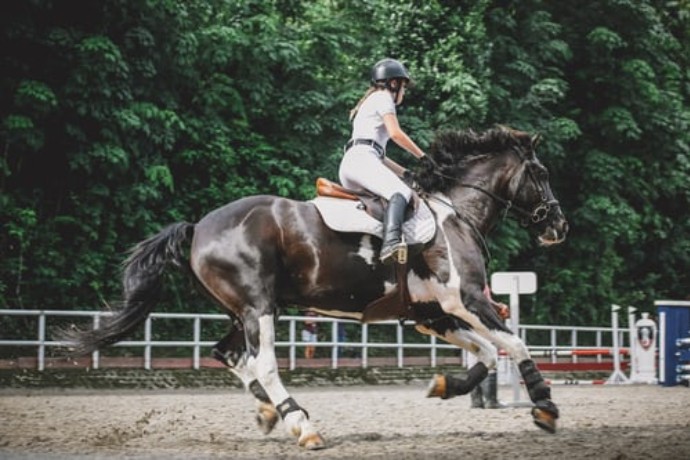
Best Breeches For Curvy Riders...
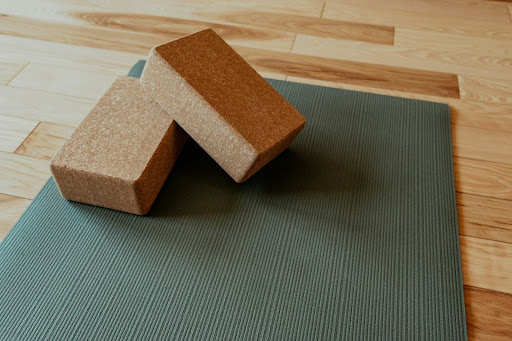
Best Stall Mats For Horses - ...

Best Horse Brushes ( A Thread ...

Best Saddle Rack ( Keep Your ...

Best Bit For Training a ...
.jpg)
10 Morgan Horse Show Held ...

Is Mason Sand Or Concrete ...
.jpg)
Best Girth For Your Horse ...
.jpg)
Ranch Cutter vs Cowhorse Saddle? ...

Types of Horse Bit and ...

Is Hilason a Good Saddle ...
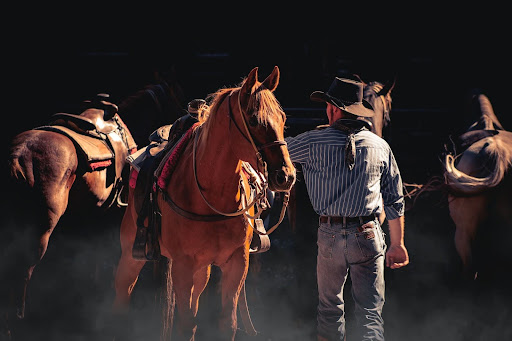
How to choose a bit ...
.jpg)
Best Salt Blocks For Horses...
.jpg)
Types of Horse Brushes (Equine ...

How To Get a Horse ...
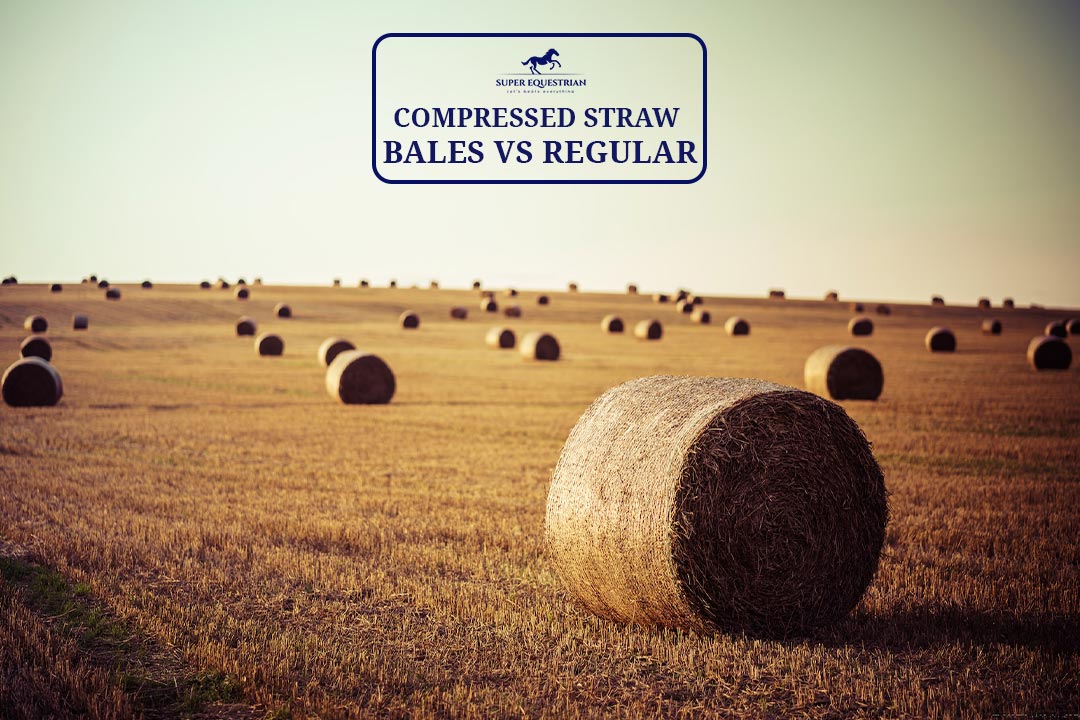
Compressed Straw Bales Vs Regular? ...

Horse Riding Lessons For Intermediate ...
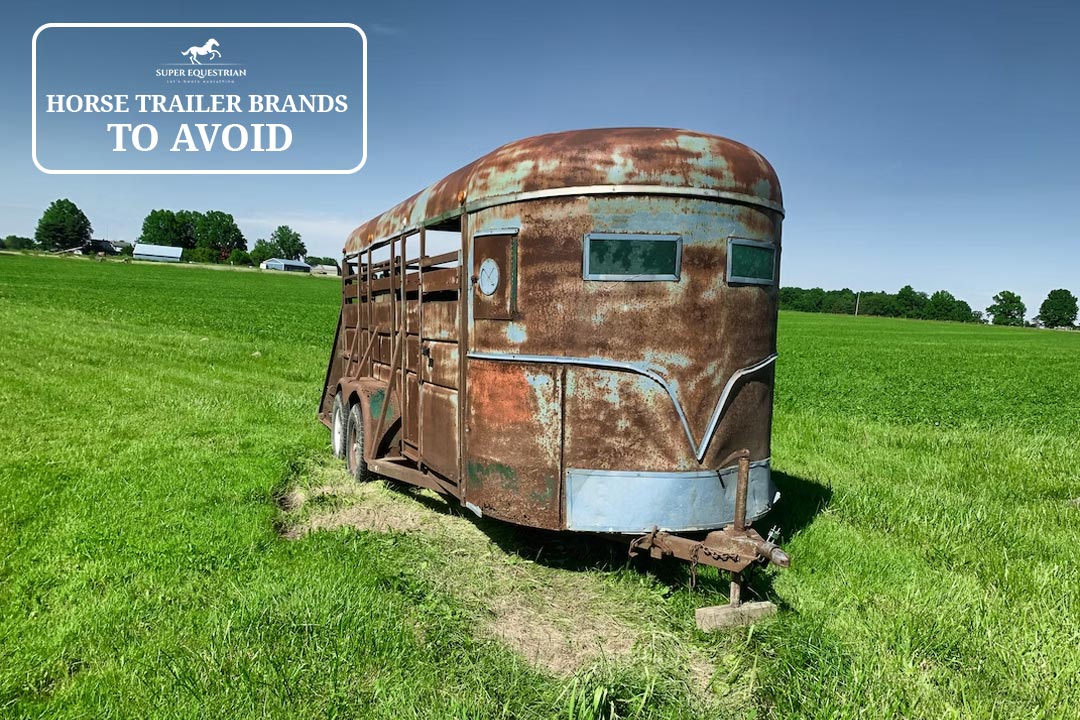
Horse Trailer Brands To Avoid...

Strawberry Roan vs Red Roan? ...
.jpg)
Gelding vs Stallion...
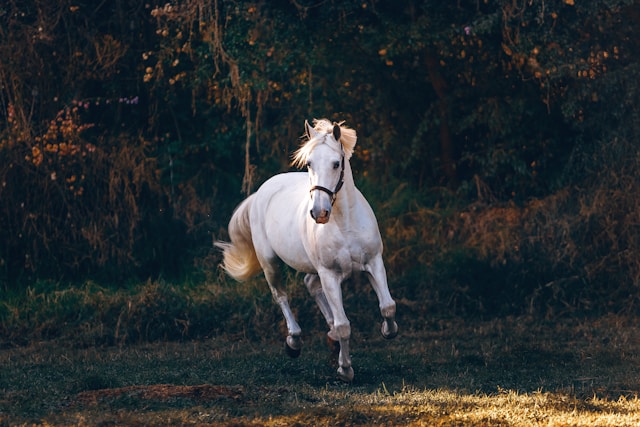
Why Does a Horse Whinny? ...
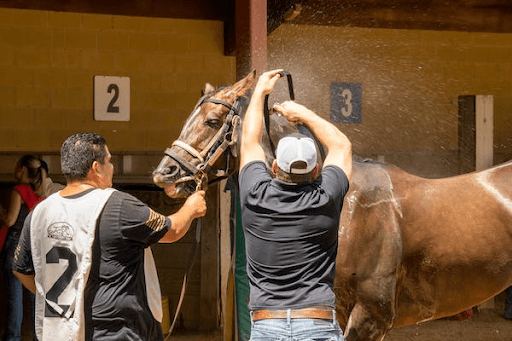
How to Clean a Rusty ...
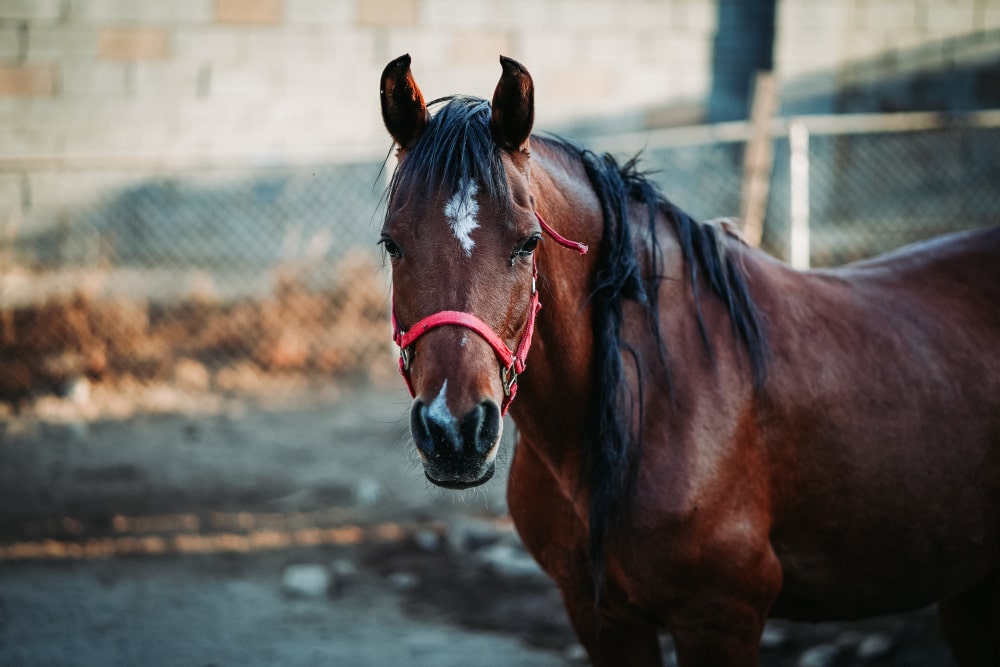
Why Do Horses Foam at ...

Why Do Horses Bob Their ...

Nutrition Unveiled: Triple Crown Senior ...
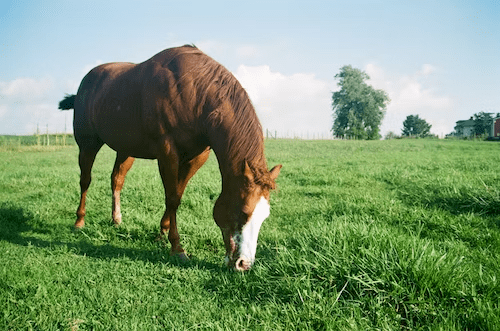
Pasture Pro Vs. Grazon: Horse-...
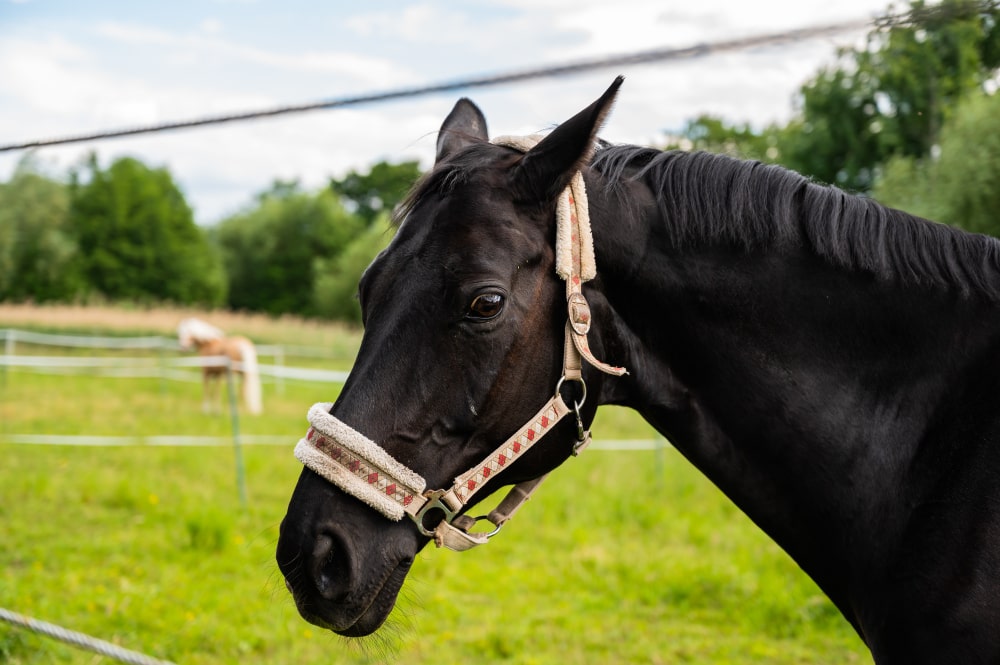
Dutch Gag Vs. Pelham: Bits ...
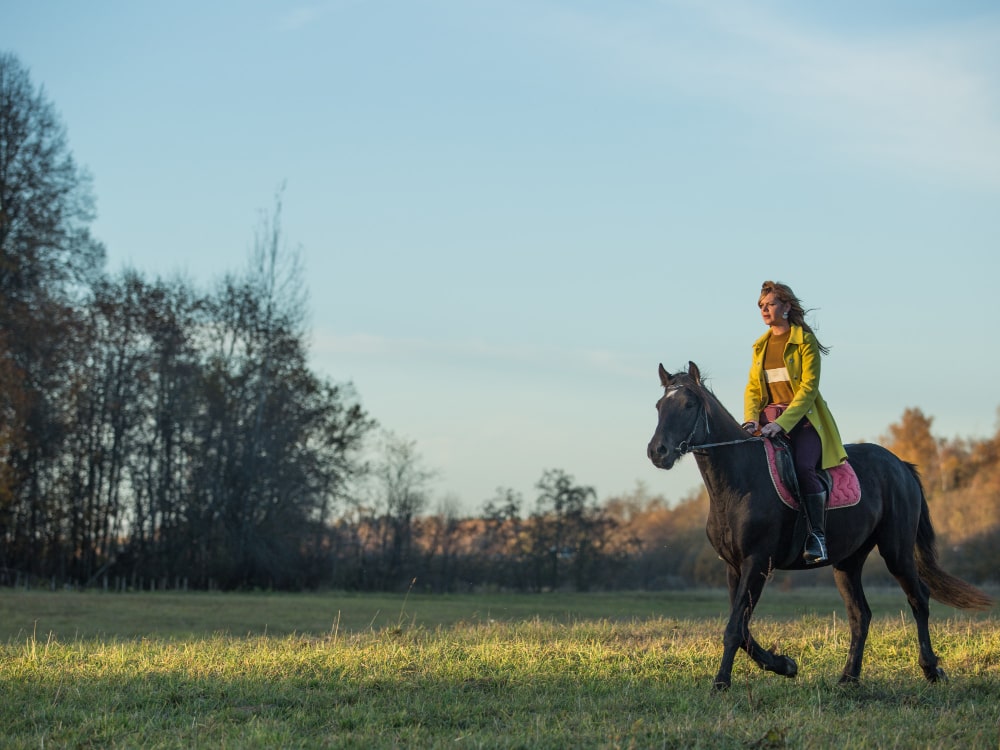
Walking Horse vs Racking Horse: ...
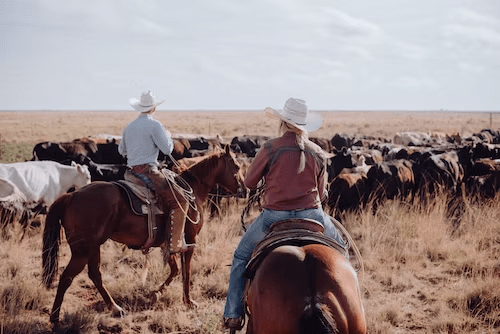
Wade vs Association Saddle: Your ...
.jpg)
Step Up vs Ramp Horse ...

Bosal vs Hackamore: A Head-...
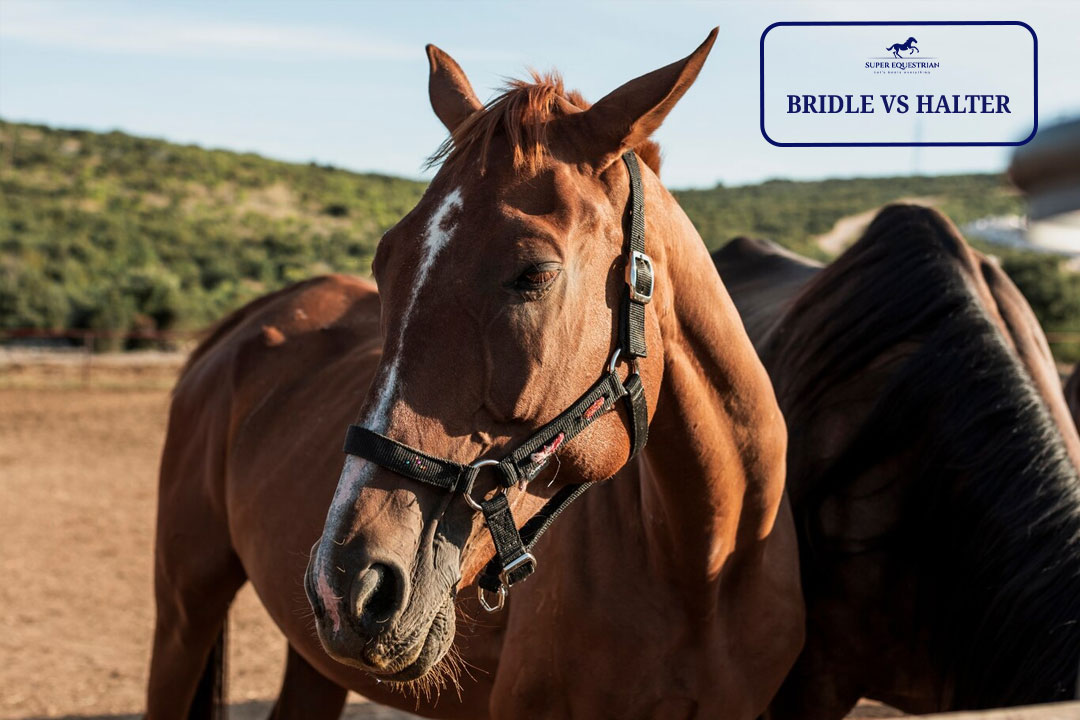
Bridle Vs Halter: Which One ...

Paddock Boots Vs Riding Boots: ...

Shadow Horse Trailer Problems: Causes, ...
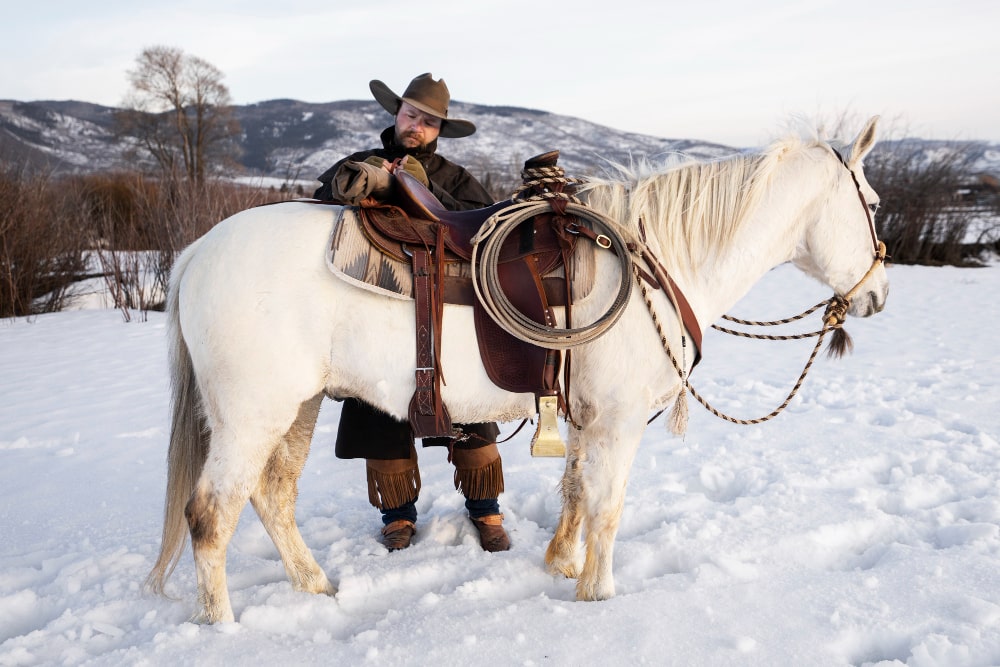
Are Billy Cook Saddles Good - ...

Let's Start at the ...
Benefits of Beet Pulp for ...
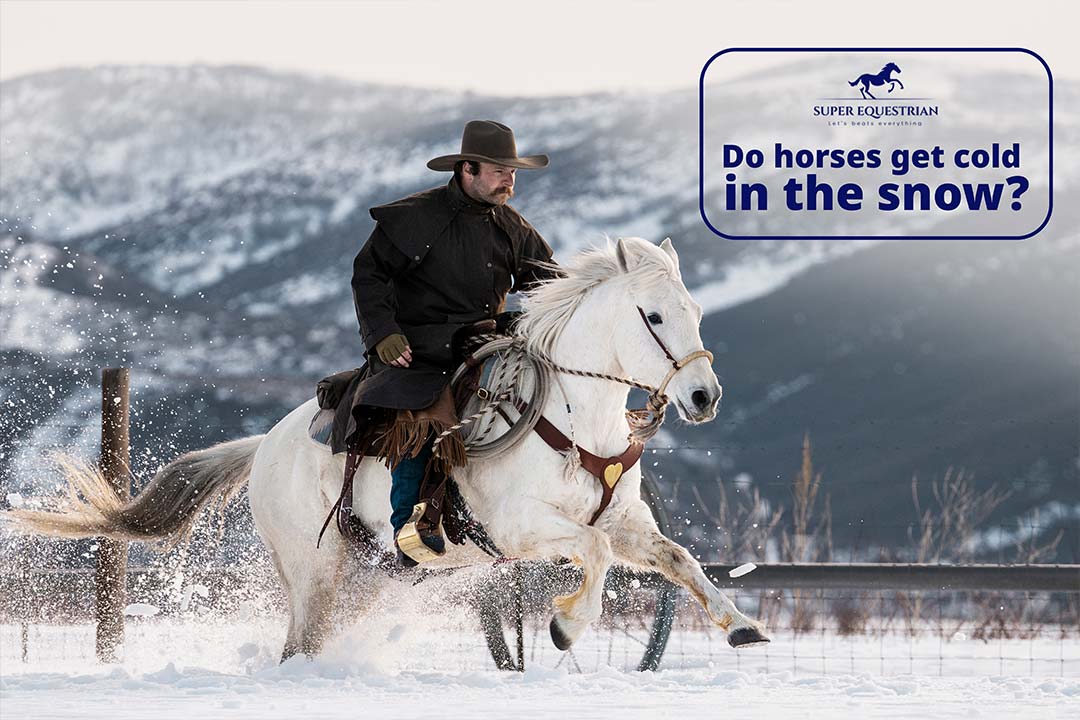
Do horses get cold in ...

Why Do Race Horses Need ...
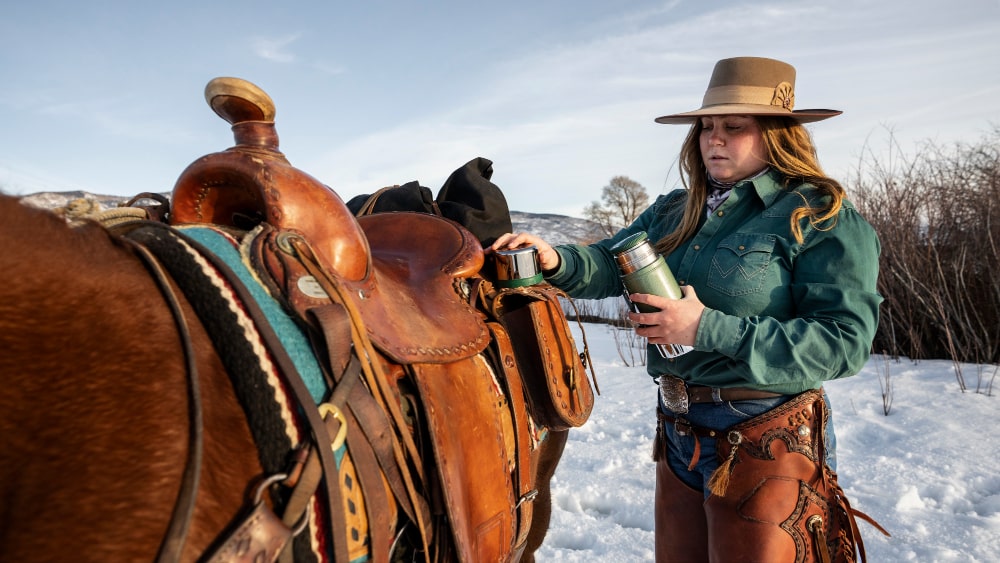
Ranch Saddle vs. Roping Saddle: ...

Round Pen vs Square Pen ...

Must Have Horse Trailer Accessories: ...
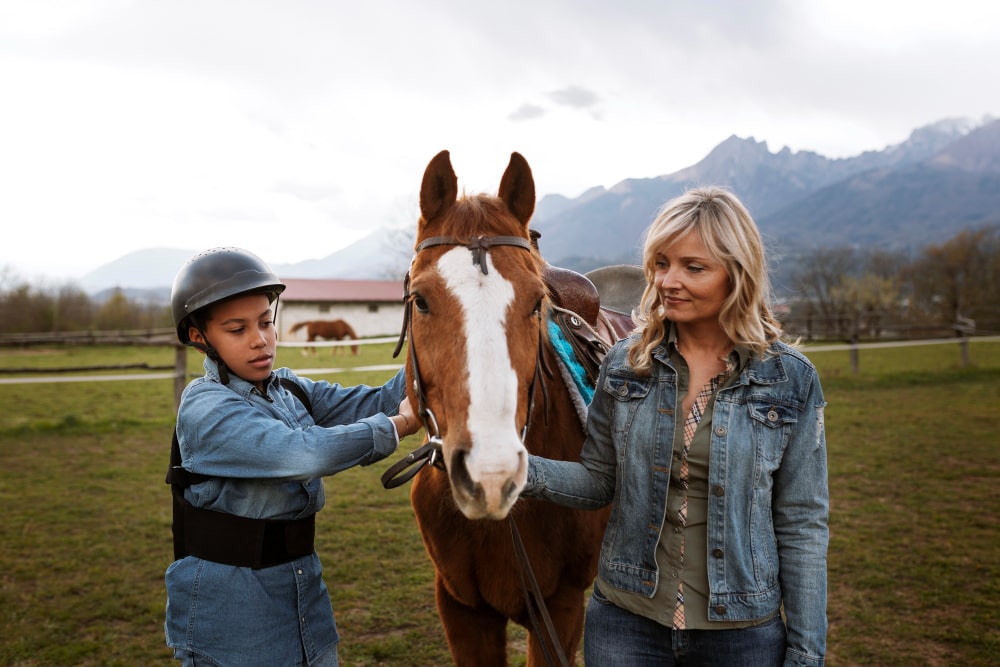
Is MIPS Worth for Equestrian?...

Natural Horsemanship vs Positive Reinforcement: ...

How to Mount a Horse ...

How to Store a Saddle ...

Why are Stirrups Important in ...
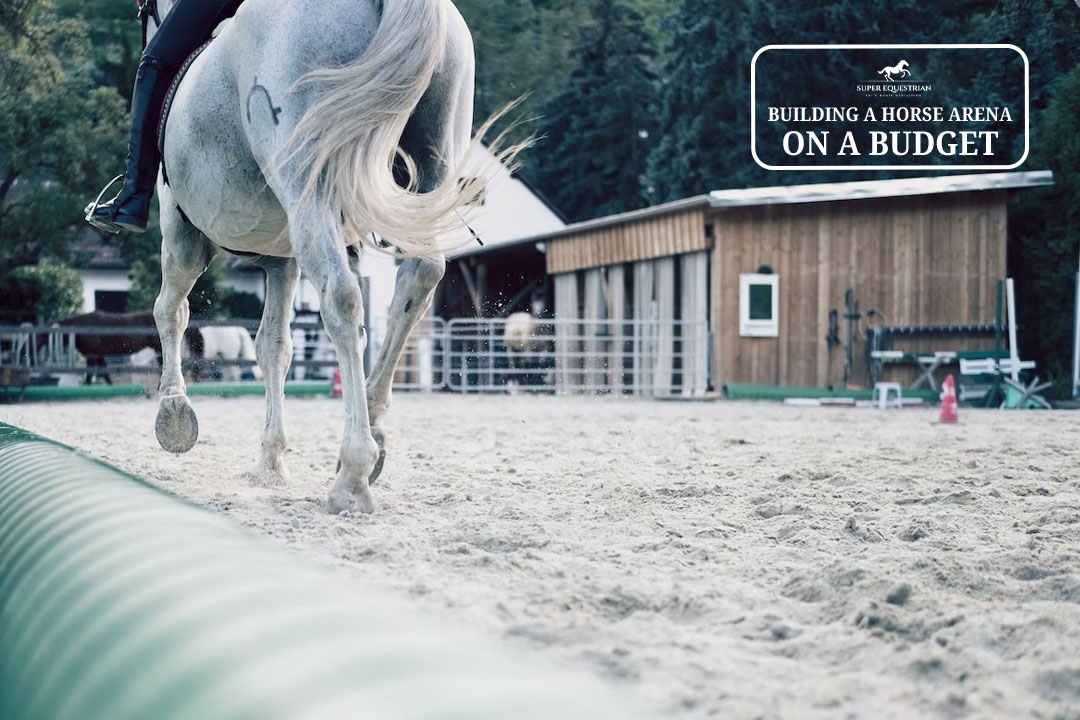
Building a Horse Arena on ...

How to Make Horse Treats ...

Order of Grooming a Horse...

Horse Riding Lessons Plan: The ...

Horse Trailer Roof Replacement and ...
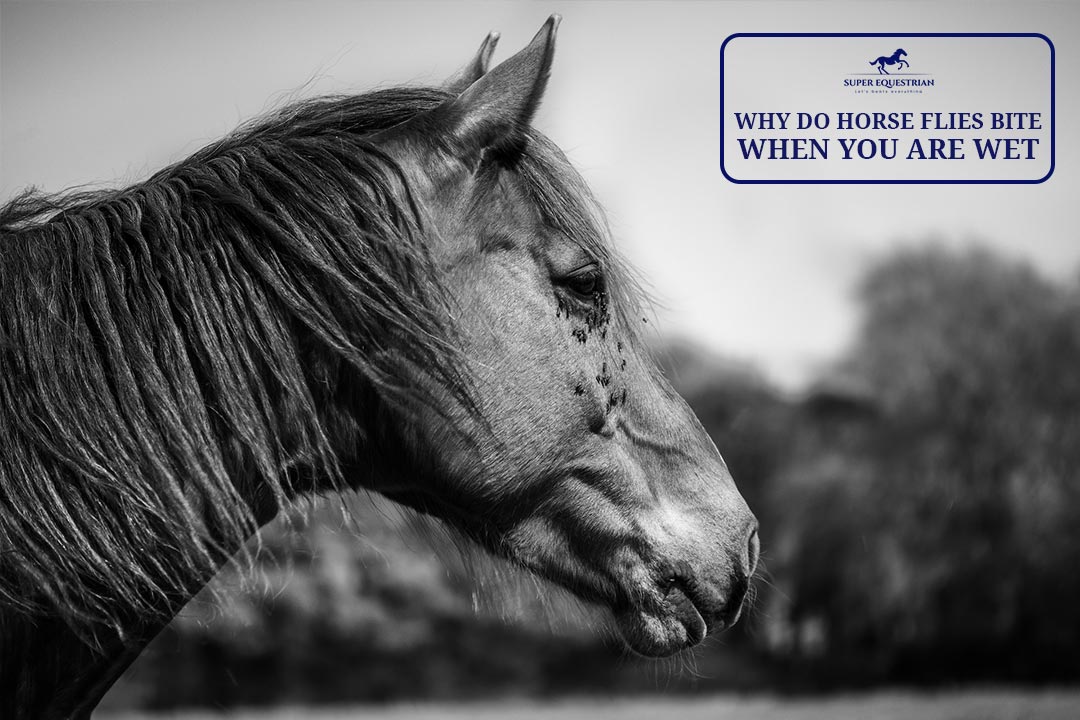
Why Do Horse Flies Bite ...
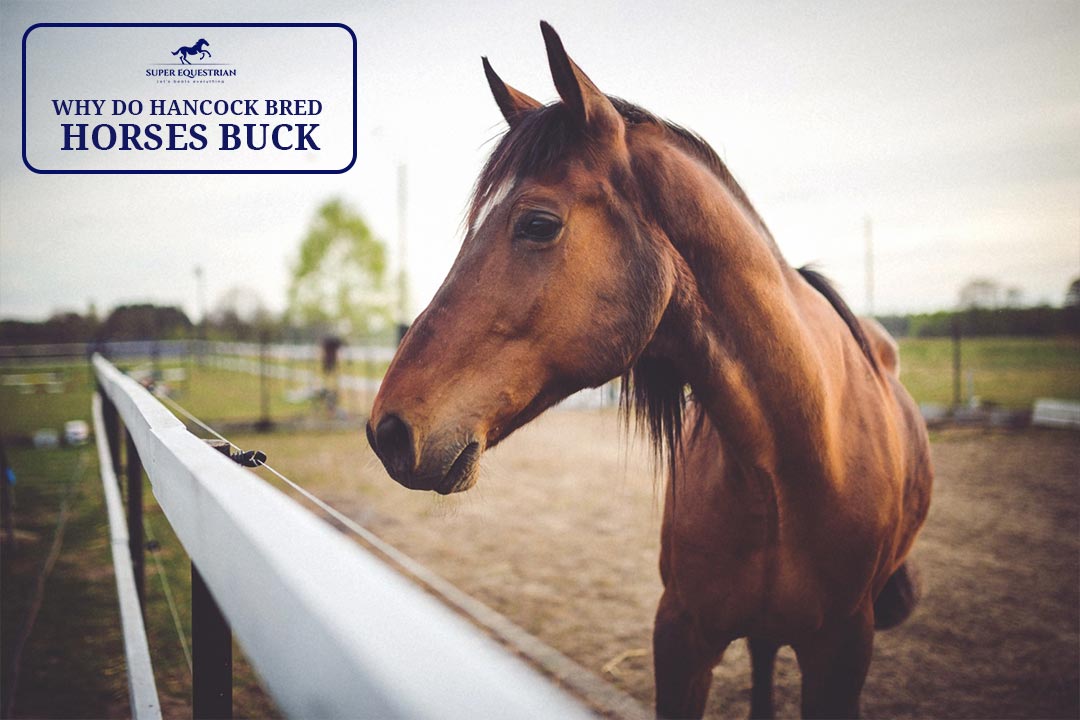
Why Do Hancock Bred Horses ...

Quarter Horse Bloodlines to Avoid...
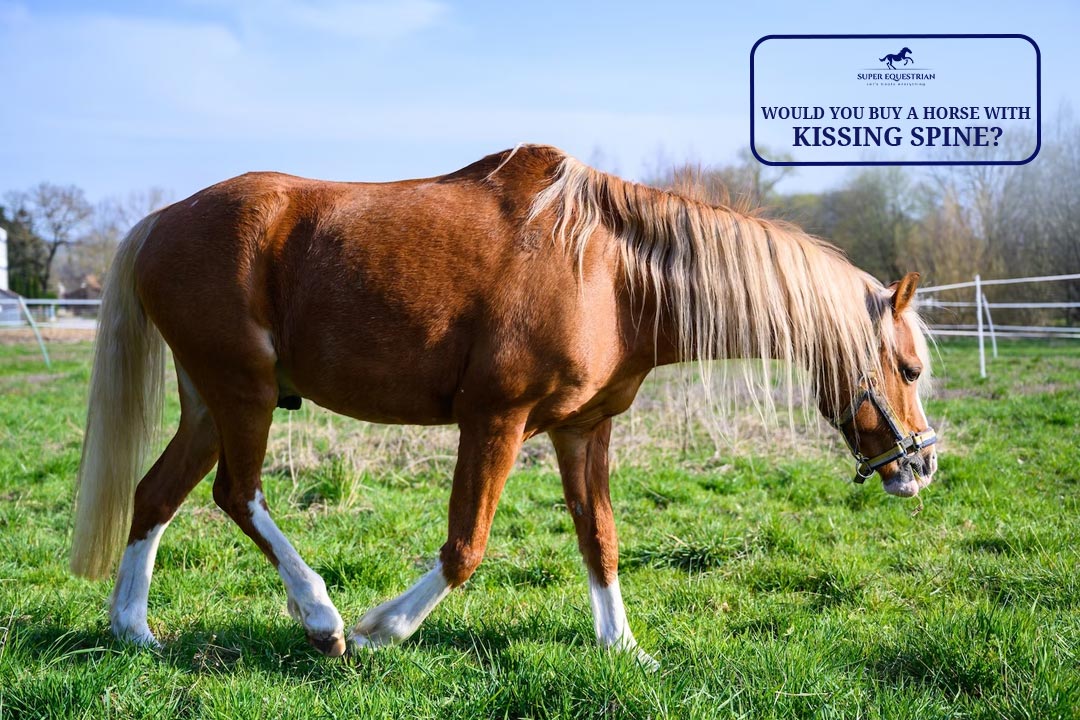
Would You Buy a Horse ...

Why Do Horses Allow Us ...

Would you buy a horse ...

Why Are Klapper Bits So ...

Why do horses need to ...

Why do you mount a ...
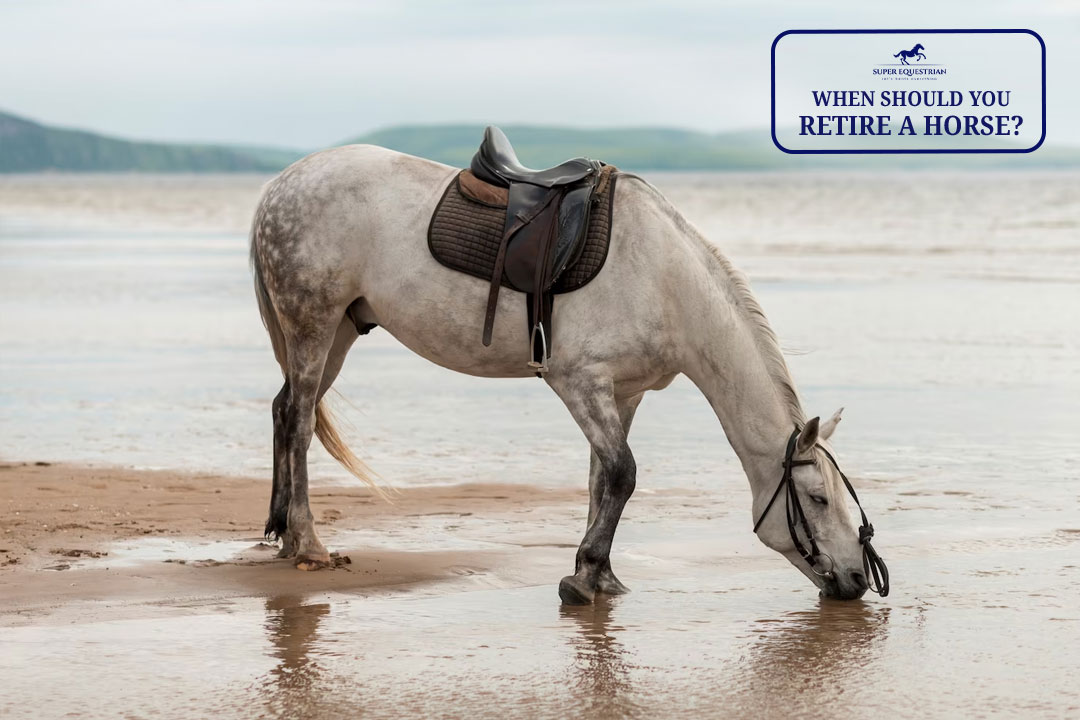
When Should You Retire A ...

Why Are Horses Whipped When ...
.jpg)
Why Do Horses Have A ...
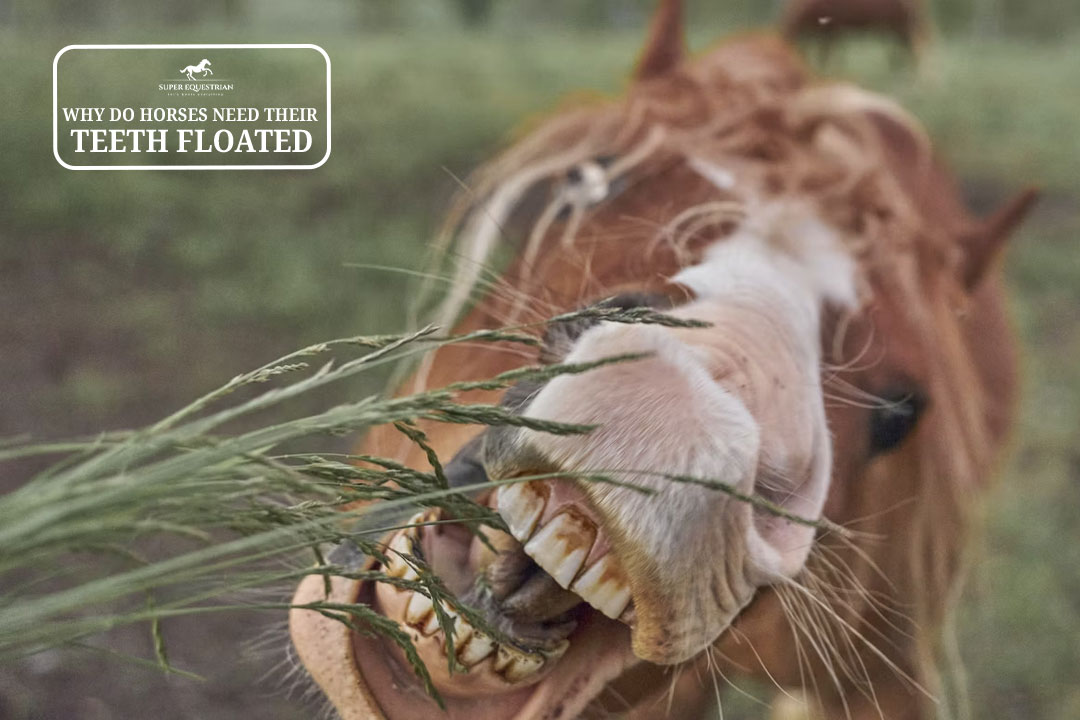
Why Do Horses Need Their ...

What To Do If Horse ...

What To Do If A ...
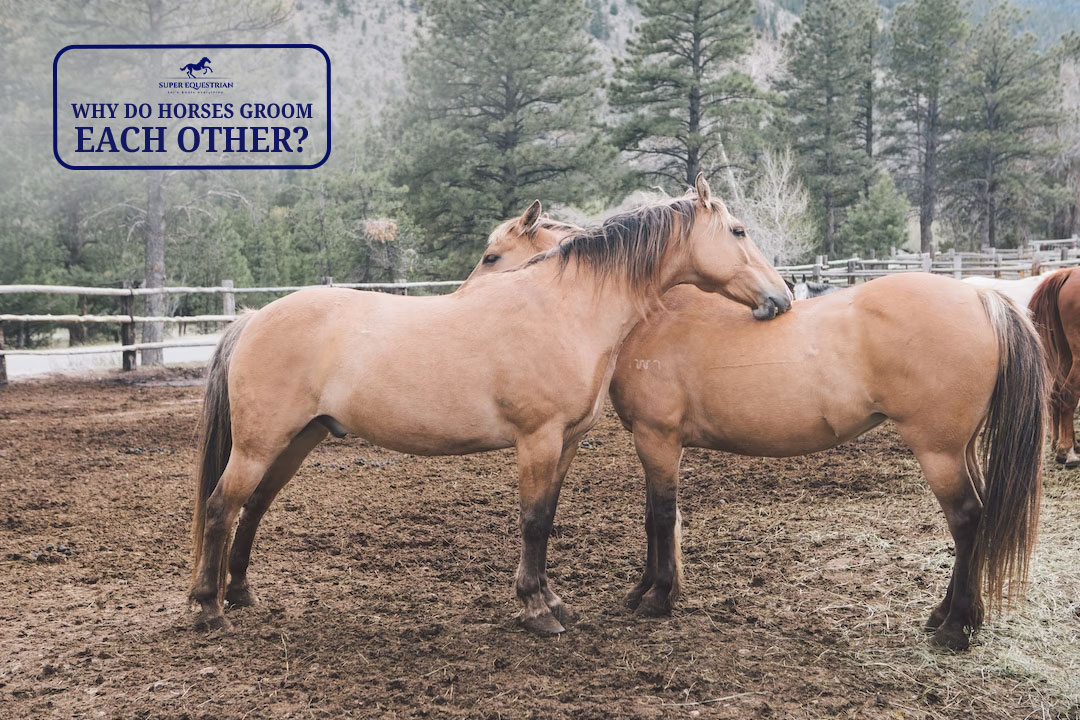
Why do horses groom each ...
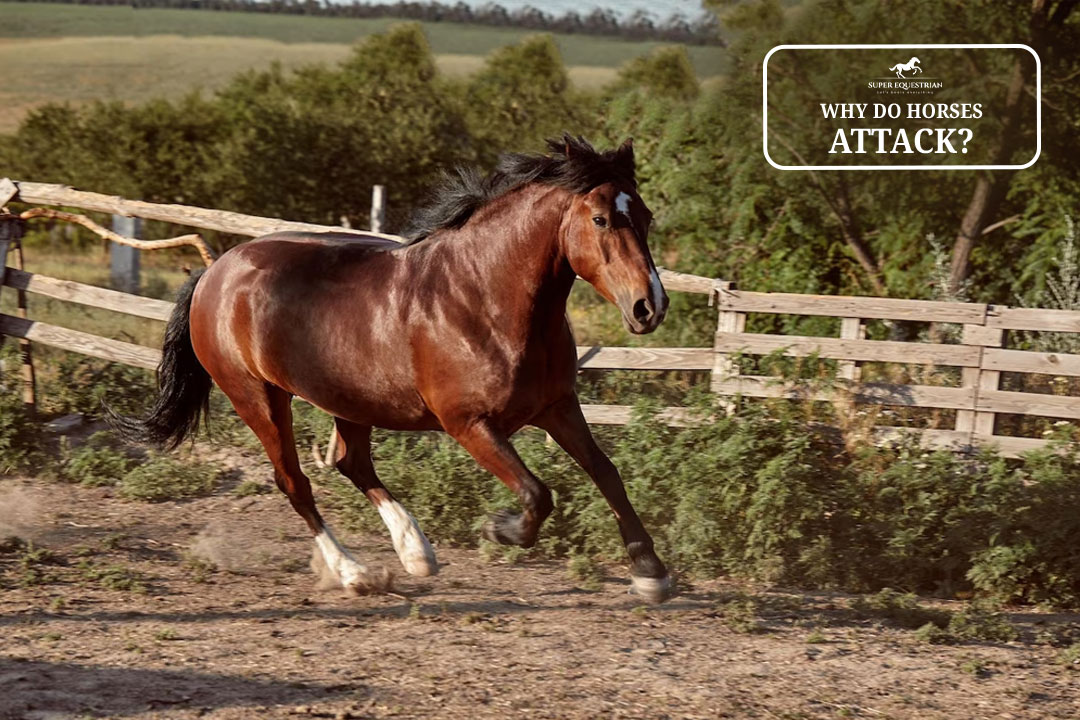
Why do horses attack...

Should I Use a Martingale ...

How to fit bell boots ...
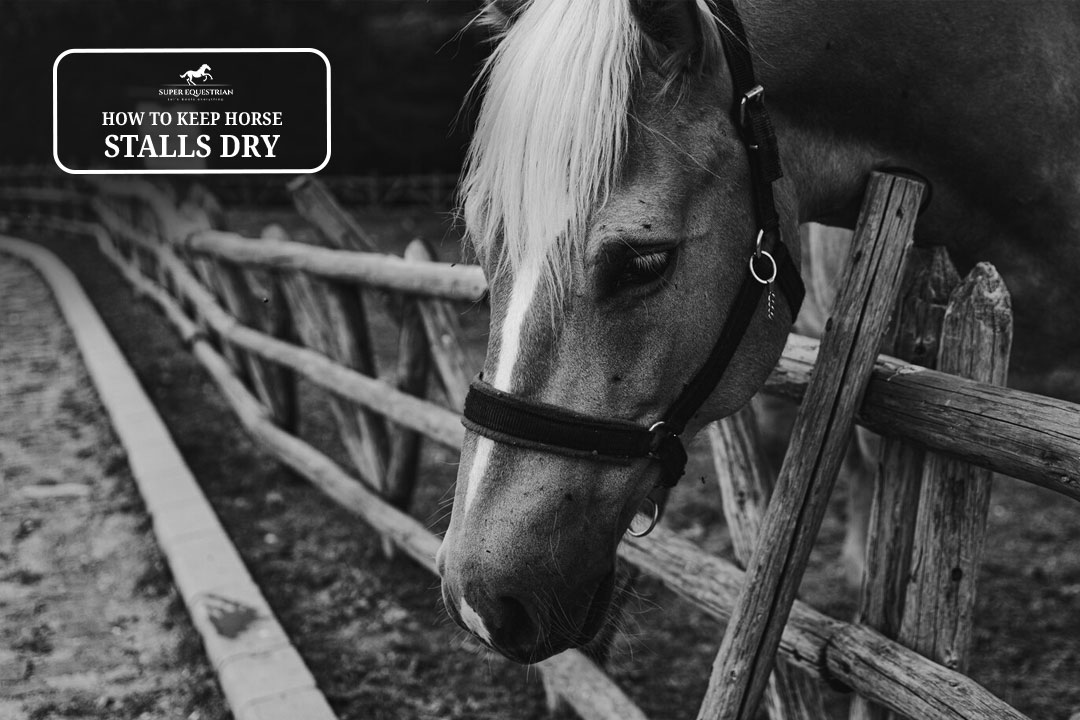
How To Keep Horse Stalls ...
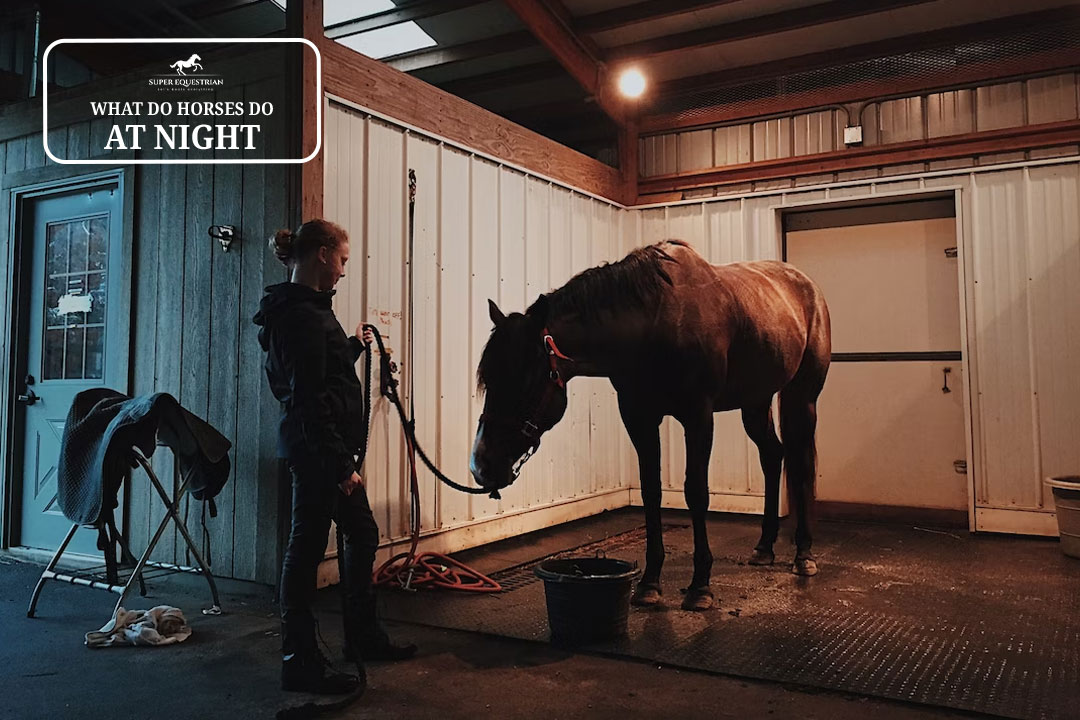
What Do Horses Do At ...
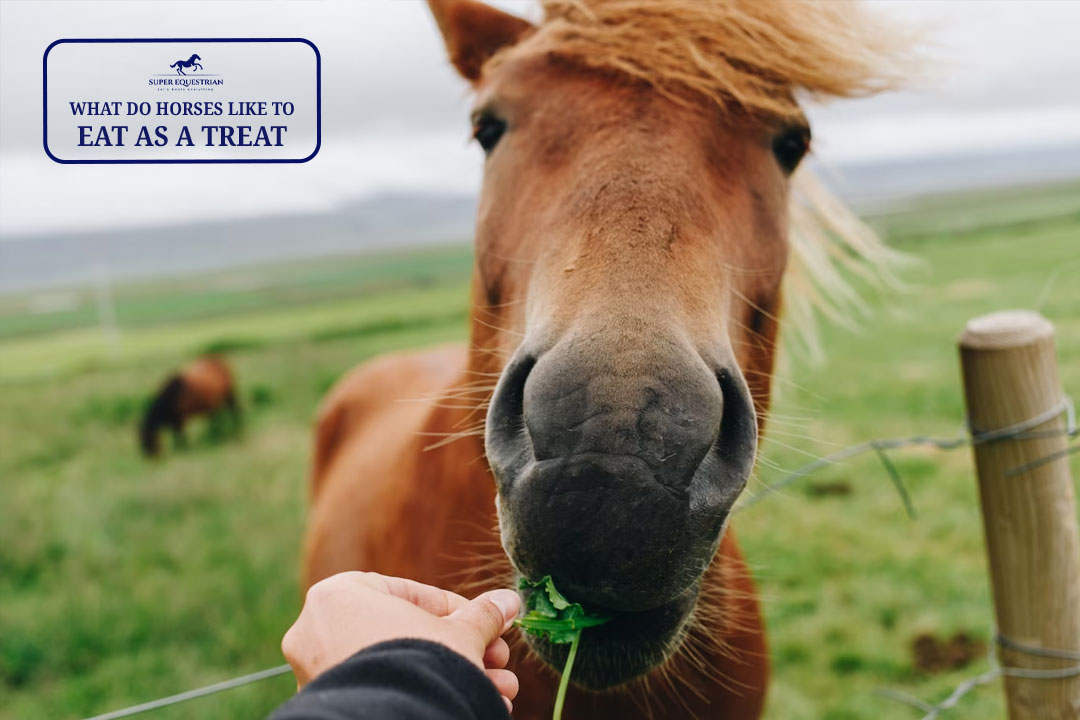
What do horses like to ...

Why do wild horses get ...

Can you ride a horse ...

Are horses protective of their ...

Why racking horses are popular ...

How To Keep Horses Off ...
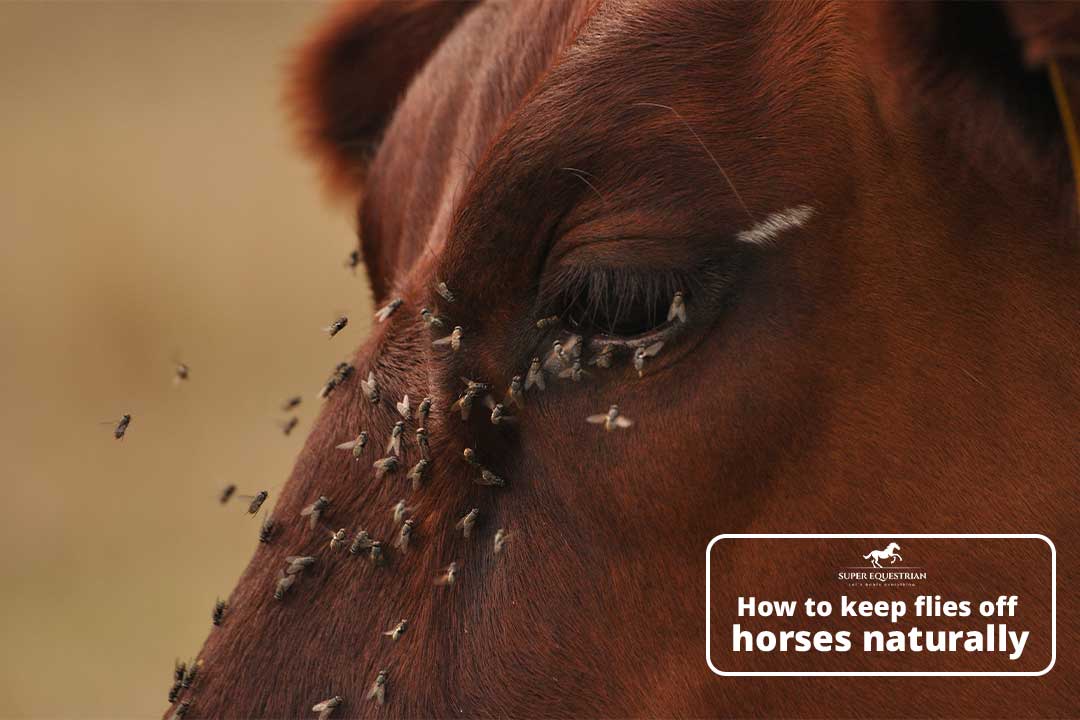
How to Keep Flies Off ...

Pros and Cons Using A ...
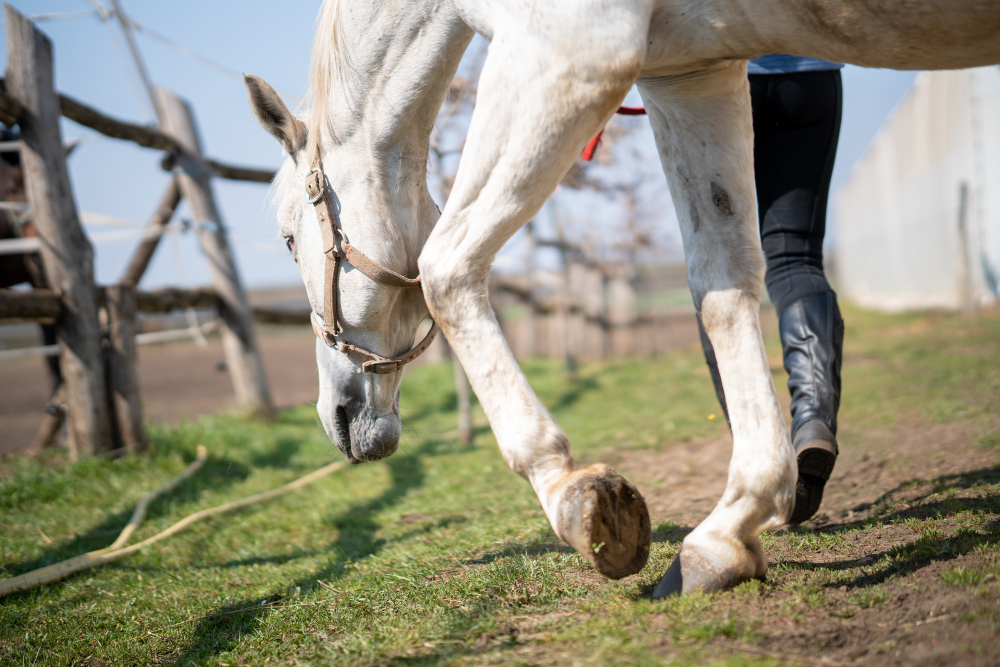
Can you ride a horse ...

Why are Corriente saddles so ...
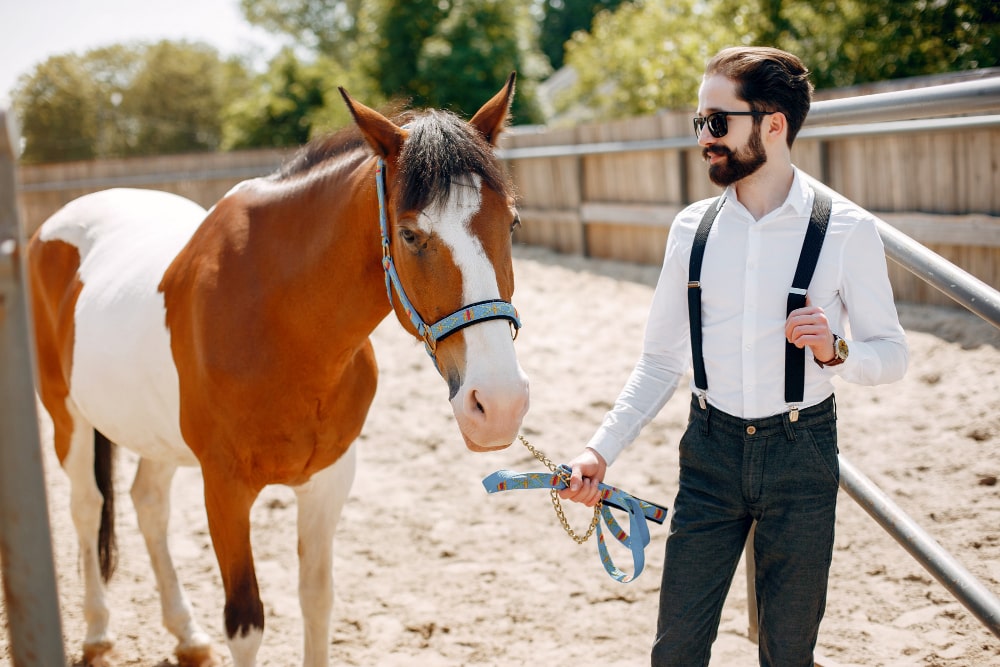
Pros and cons of equine ...
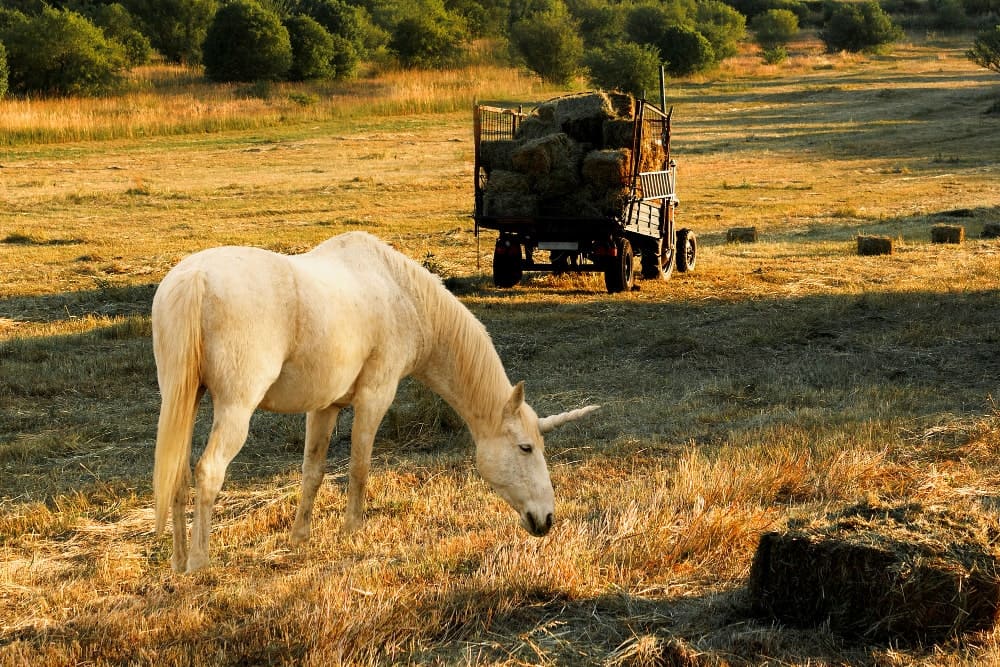
How Long After Mowing Can ...

How to Care for a ...
.jpg)
Why Do Horses Wear Blinders: ...
.jpg)
How to fit an exercise ...

Why is my horse bucking ...
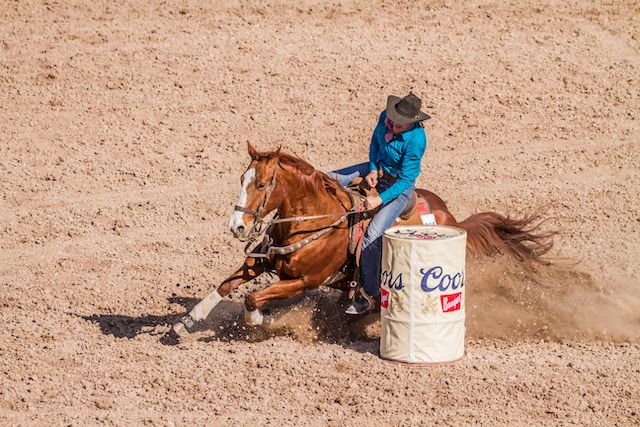
What causes a horse to ...
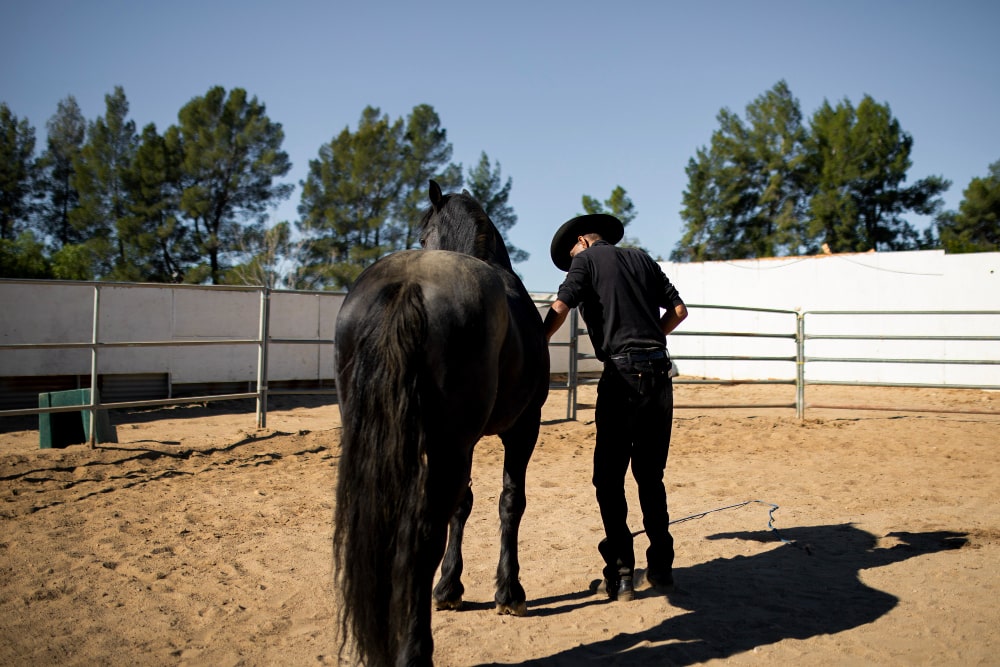
How to Stop a Horse ...

Why Is My Horse Bunny ...

How To Improve Pasture For ...

How to get the smell ...

Can you add ramp to ...

What Is The Temperament Of ...
.jpg)
Why Is Friesian Horse Hair ...
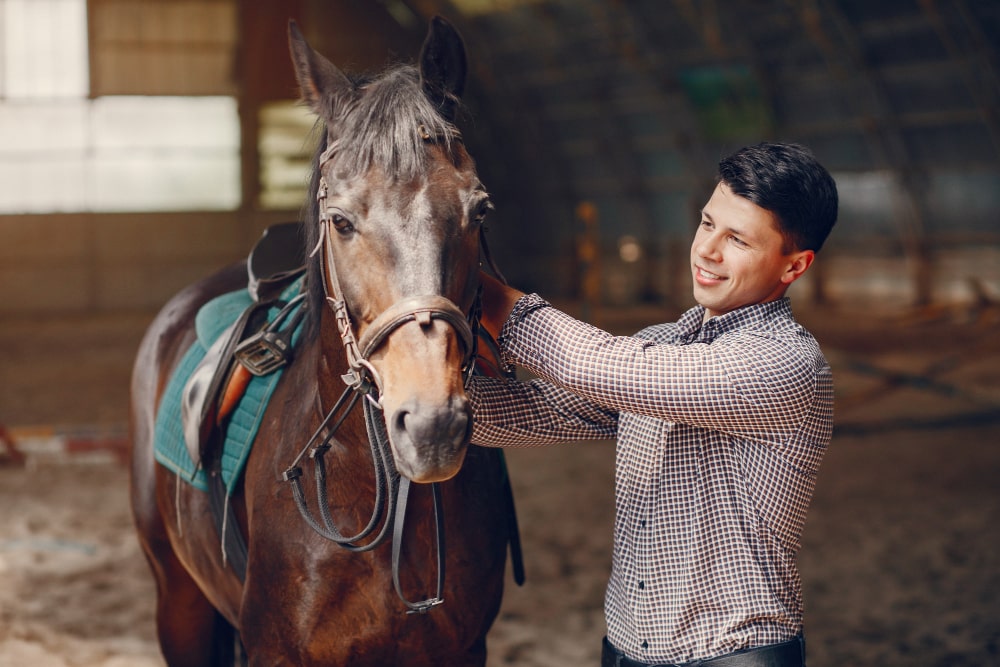
Why is my horse testing ...
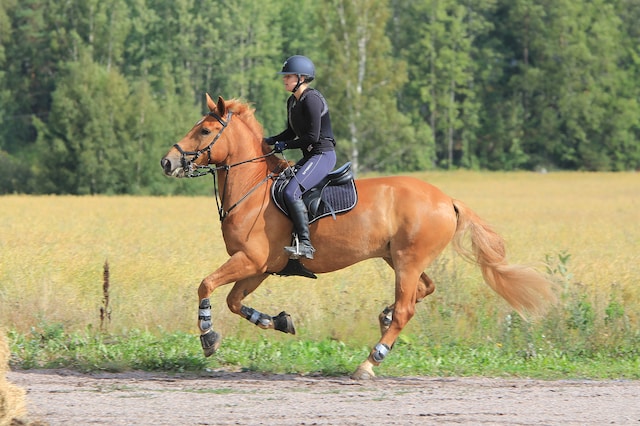
How often you should take ...

How long does it take ...

How do horses adapt to ...

How To Prepare For A ...

How To Find A Reputable ...
.jpg)
Do Horses Get Medals at ...

How to create a horse-...